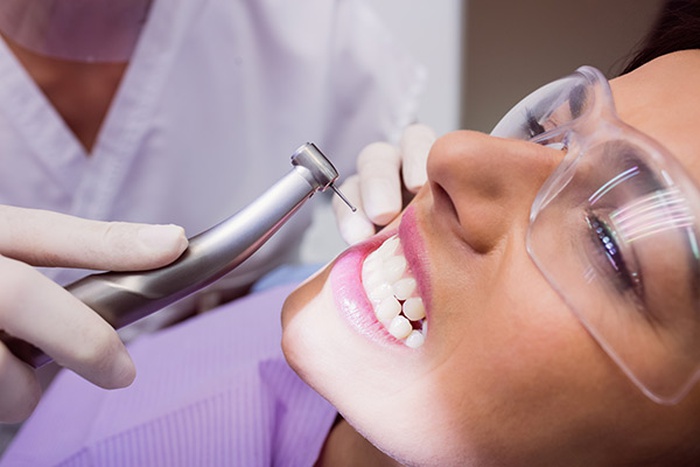
TARTAR CLEANING
Tartar is formed as a result of plaques accumulated in the mouth, food residues, and incomplete oral hygiene. The presence of tartar causes bad breath, dental caries, loss of gums and bone level, edematous in the mouth and oral hygiene disorders. Tartar removal procedures are procedures that should be done regularly. Dentists generally recommend that tartar should be removed every 6 months. More frequent applications can damage teeth.
How is tartar formed?
The food we consume, even if it is micron, small pieces stick to the teeth, and after a while, it can cause many problems such as bad breath, tooth discoloration and tooth decay. Dental plaque stays on your teeth and hardens into tartar over time.
What are the primary damages of tartar?
- Gum Diseases
- Bleeding Gums
- Bad Breath
- Gum Recession
- Tooth Loss
- Tooth Decays
How is tartar cleaning done?
In dental calculus cleaning, there may be differences in terms of the size of the tartar, whether there is gum disease or not, and the treatment method and duration depending on the size of the disease. If the patient does not have severe gum disease, dental calculus cleaning is performed with the help of ultrasonic devices called cavitrons. This tartar cleaning process, which takes between 30 and 45 minutes, is called detertrage.In some cases, tartar accumulation is very intense and local anesthesia is needed to clean it. All tartar under the teeth and gums are cleaned and destroyed one by one. In such cases, sometimes even surgical intervention may be required for the patient. This type of procedure is called curettage. In this type of procedure, where there are more tartar and oral problems, the duration of the session increases and the procedure to be performed changes.
How to prevent tartar formation?
After the tartar is formed, it can only be cleaned by the dentist, but the formation of tartar can be prevented by cleaning the bacterial plaque regularly. Brushing the teeth correctly at least twice a day and flossing once a day helps prevent the formation of bacterial plaque.
© COPYRIGHT 2025 ALL RIGHTS RESERVED
Privacy Policy